Summary of Position
The University of Montana’s Ecological Mapping, Monitoring, and Analysis group (EMMA) is currently recruiting RIPARIAN BOTANISTS to assist in implementing the Bureau of Land Management’s (BLM) Aquatic Assessment, Inventory, and Monitoring (AIM) strategy, targeted at collecting standardized data on streams and riparian areas across BLM Districts in the western U.S. The riparian botanist will be part of a 3-person crew, consisting of a monitoring lead and aquatic technician. The riparian botanist’s responsibility is to collect vegetation composition data along streams according to the BLM’s Multiple Indicator Monitoring (MIM) protocol. Successful applicants will be trained in data collection methods by BLM and University of Montana ecologists. Botanists should expect to encounter a wide diversity of species and to gain experience in several different biophysical environments.
All positions are field-based and require primitive camping in isolated regions. Crews will typically work eight 10-hour days in a row, from Tuesday to Tuesday, followed by six-days off. We expect staff to commit to the entire field season and to contribute to maintaining a safe, productive and enjoyable work environment. Field season will last from April/May through August/September depending on location.
Work will focus on wadeable streams and rivers in Wyoming (crews based in Cody) and Idaho (crews based in Idaho Falls and Twin Falls). Crews will work closely with University of Montana and local BLM ecologists throughout the field season.
Responsibilities
- Collect data on riparian vegetation along wadeable stream reaches according to portions of the Multiple Indicator Monitoring (MIM) protocol
(https://www.blm.gov/sites/blm.gov/files/documents/files/TR_1737-23.pdf).
- Key riparian vascular plants found in eighty 0.5m plots to species while in the field. However, the protocol only requires identification of species with >10% cover in a 0.5m plot, so botanists without wide experience in the West or in riparian environments are encouraged to apply.
- Collect voucher specimens and track all unknown plant species encountered during the field season.
- Enter data into excel spreadsheets using an iPad in the field. Manage and self-QC all data.
Qualifications
- Coursework in botany, ecology, wetland science, natural resources management, or a related field. A completed B.S. degree preferred.
- Field experience collecting vegetation data.
- Ability to identify riparian graminoids, forbs, shrubs and trees to species using dichotomous keys.
- Experience following established field protocols to conduct sampling and field data collection.
- Experience with data entry and Microsoft Office (Word, Excel).
- Demonstrated ability to work productively as part of a team to accomplish mutual goals and to work independently as required.
- High degree of comfort wading in all types of streams which can feature fast flowing water, slick rocks, unstable large woody debris, and other obstacles.
- Willingness to spend multiple days camping in the field.
- Willingness and ability to stay positive while working irregular hours in harsh environments and
challenging weather, and to carry gear upwards of 50 lbs over uneven terrain.
- Valid driver’s license. Experience driving 4x4 vehicles on rough roads preferred.
How To Apply
Please submit the following application materials to Andrew Britton at andrew.britton@mso.umt.edu
Application review will begin immediately and continue until the positions are filled. If possible, please combine all application materials into 1-2 documents (.pdf preferred)
1. Letter of Interest – addressing the stated required skills for the position
2. Detailed resume listing education and describing work experience
3. Names and contact information for three (3) professional references
4. Answers to Supplemental Questions
a. What is your preferred Base Location?
b. Have you applied for any other positions with the O’Connor Center for the Rocky Mountain West?
Riparian Botanist
Permalink: https://www.aspt.net/news-blog/2022/riparian-botanist
